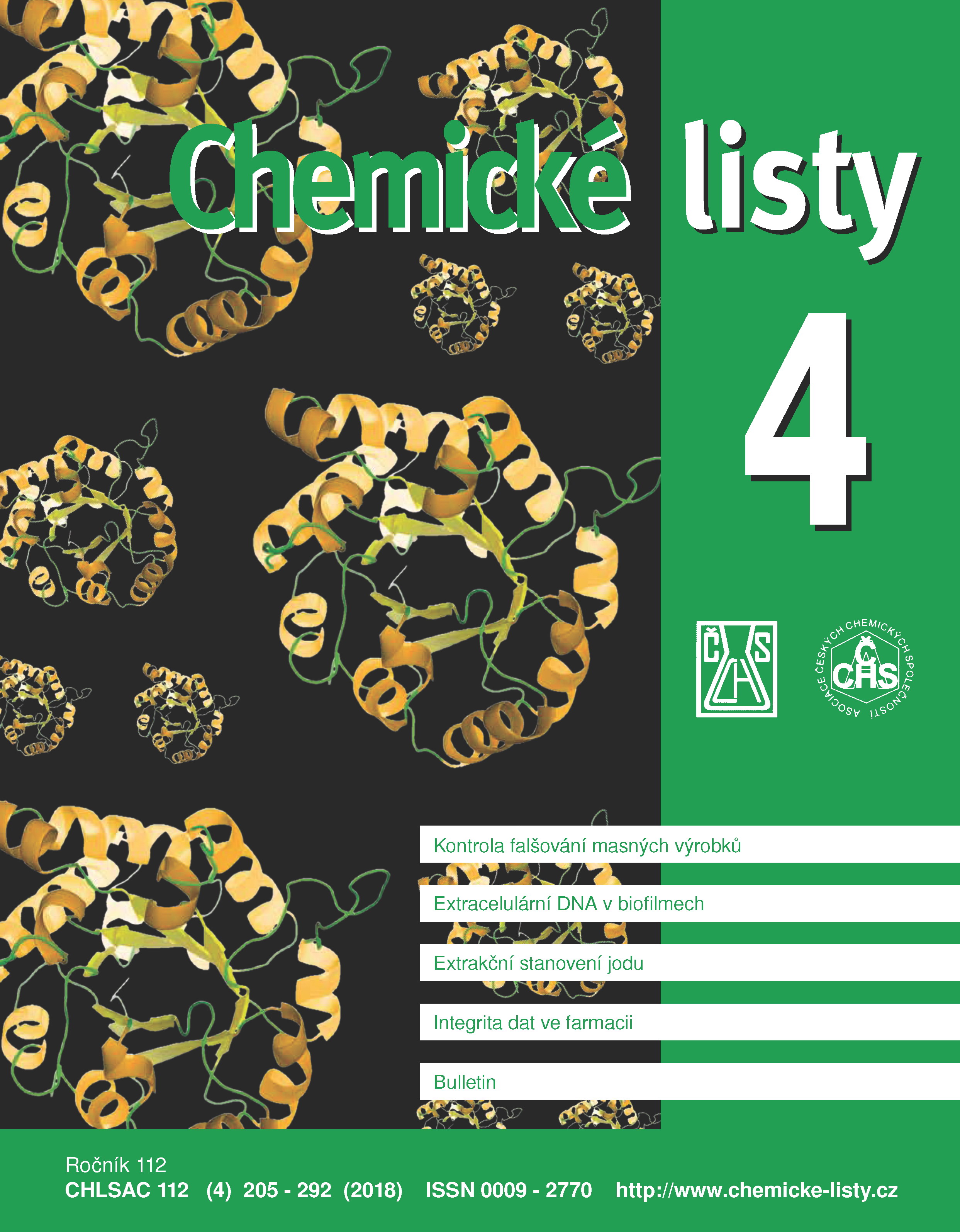Příprava duto-vlákenných membrán pro separaci plynů inverzí fází: Vliv smykové rychlosti na separační vlastnosti
Klíčová slova:
separace plynů, polymerní membrána, duté vlákno, inverze fázíAbstrakt
Gas membrane separation (GMS) is one of the important technologies used in the chemical industry. The most significant advantages of GMS technologies include speed, efficiency and absence of phase transitions. This results in a relatively low energy consumption, which is a very important economic and environmental parameter. Hollow fibre membranes were prepared from the polyetherimide ULTEM 1000 solution in an aprotic solvent, N-methylpyrrolidone, by the phase inversion process. The influence of the shear rate of the polymer solution in the spinneret on gas transport and separation properties of the membrane was investigated. A mathematical model of the shear rate and linear velocity in the spinneret for small and high polymer solution flow was designed. Due to the potential application of these membranes for biogas upgrading, membranes were tested for CO2/CH4 mixture (1:1). Results clearly show that membranes prepared at higher shear rate (1400 s–1) exhibited higher selectivities (80 at 8 bar and 25 °C) for CO2/CH4 mixture and are more suitable for biogas separation.





